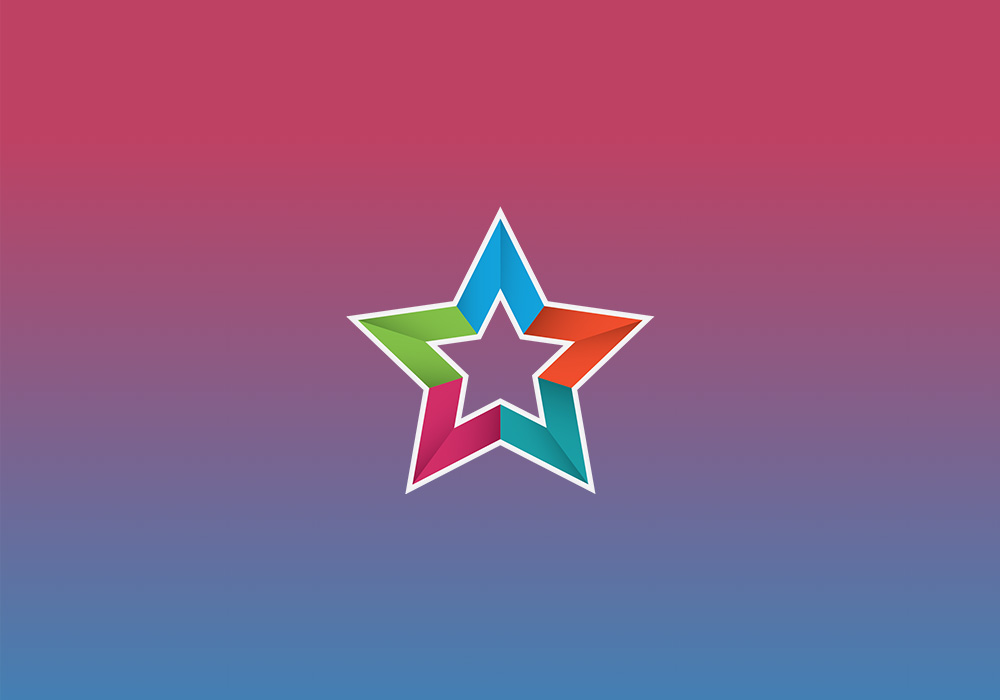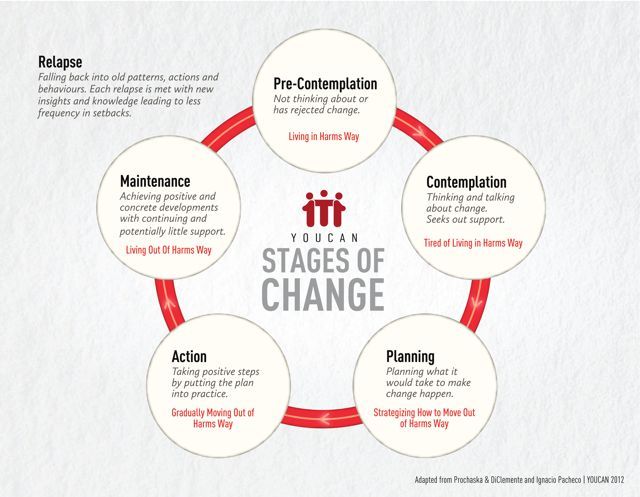In the past, the majority of articles found discussing what recovery looks like, focused on abstinence and the willpower it takes to abstain from abusing a substance. What is often not mentioned are the behaviors that perpetuate the addiction. In 12-step recovery programs, the concentration of the program is abstinence. A key element is identifying maladaptive behaviors and learning healthy methods to refrain from substance abuse.
Recovery is a journey; a treasure map with the golden chest at the end representing commitment and dedication to your own personal recovery. The map will be made of winding paths filled with many detours and distractions. Yes, those who suffer from addiction have the proverbial peaks and valleys and every cliché that comes to mind. No, it does not always end with a silver lining as in Sandra Bullock’s 28 days. Nevertheless, the journey is similar for those who are suffering. They begin near a similar point and hopefully aspire to commit to a recovery program. For some, the biggest obstacle is admitting they have an addiction. In this line of work, we hear people say things like, “I am not an addict” or “I can quit anytime I want.”
Some people may be ambivalent about their recovery; some may make a New Year’s Resolution – only to quit before the end of January. Some may try easier paths in recovery; they may forego treatment and other evidence-based interventions, saying, “I can do this on my own or I don’t need any treatment.”
These ways of thinking may last for years, months, days, hours, minutes, and even seconds. This may happen multiple times throughout a person’s life – for some once is enough, allowing that person to enter a recovery program, yet for others, it may take a couple times or more.
In our program, Youth Overcoming Drug Abuse (YODA), clients come for a variety of reasons, from court-ordered treatment to parent referral. What does this mean for our young people? This means YODA may not be their first treatment program and it may not be their last.
Which begs a number of questions in the recovery field:
- How do we know if someone grew or learned from the group atmosphere or the exercises?
- How do we know if they learned healthy coping behaviors through mindfulness, meditation or the sober leisure activities?
All in all, if we look at follow-up data we may not find encouragement. Relapse statistics after treatment are nothing to celebrate, but they are a reality. This is an indication that our society has numerous individuals scattered along the map of recovery. Some may finish together, and others may finish alone. The take-home message: Everyone struggling with addiction is somewhere on this journey and if you can lend a hand to help them reach the treasure at the end, then do it! After all, it’s easier to finish a journey together than alone.
Stay Connected. Follow Our Social Media Channels Below.




